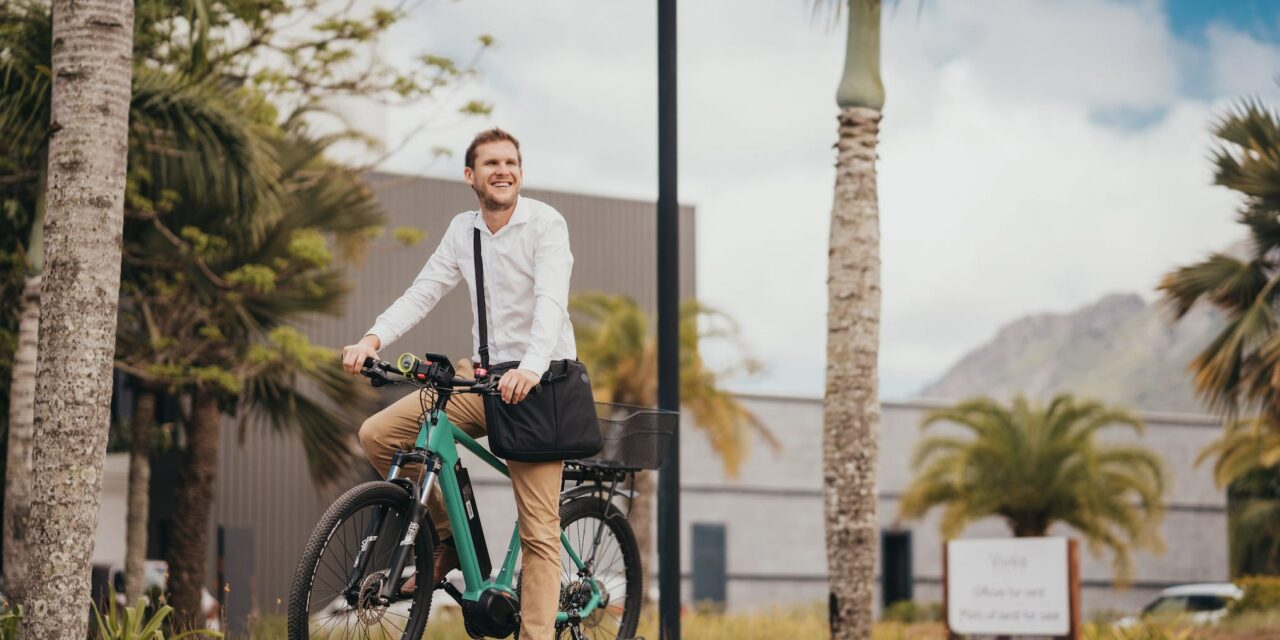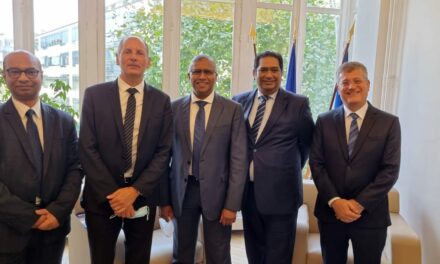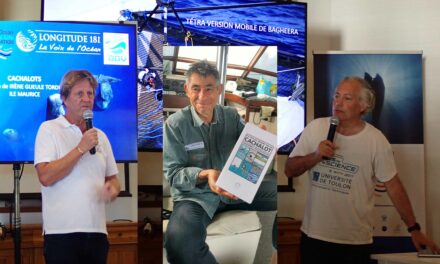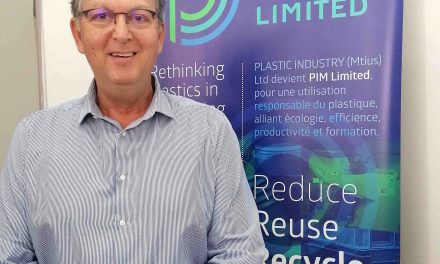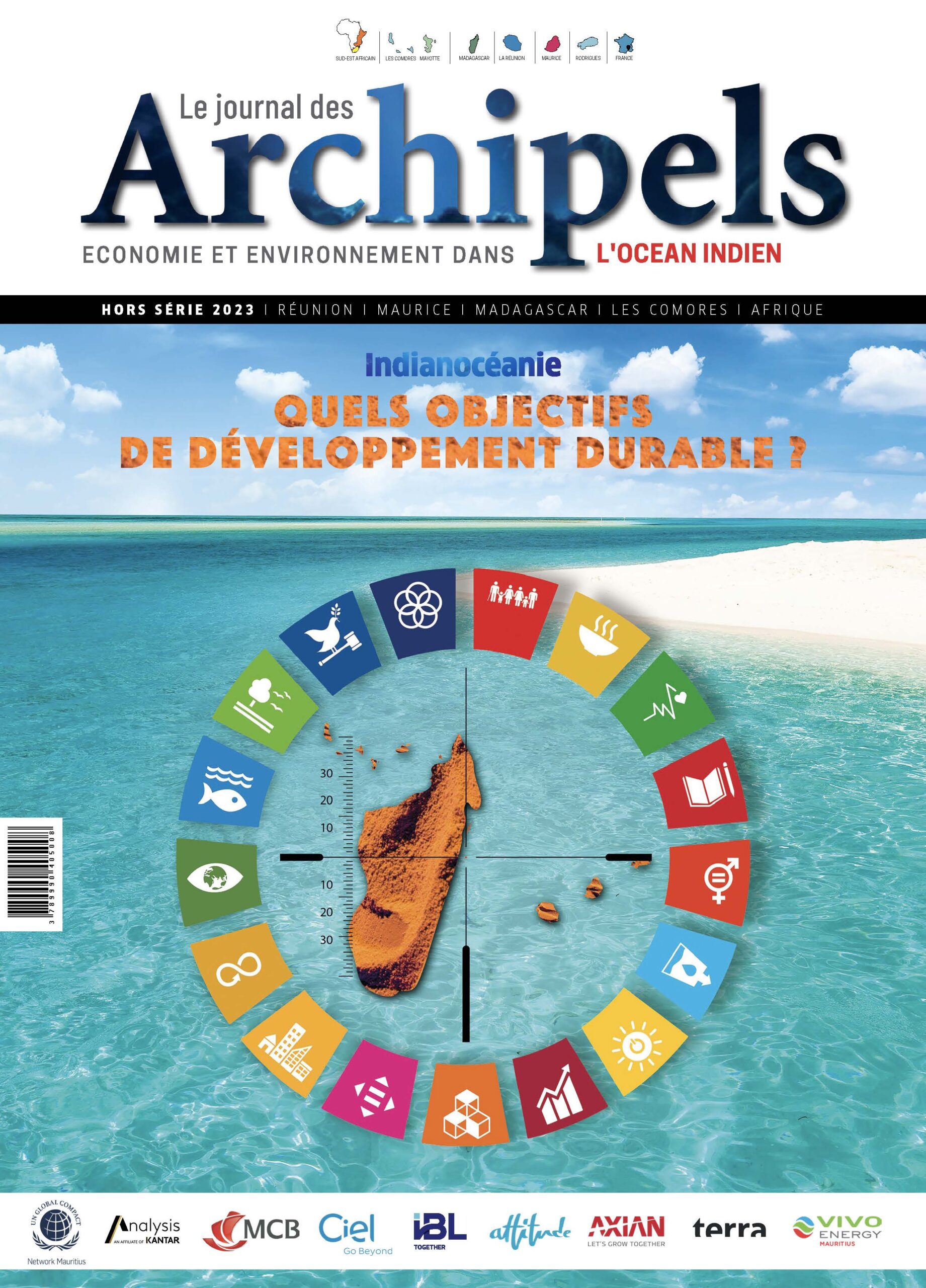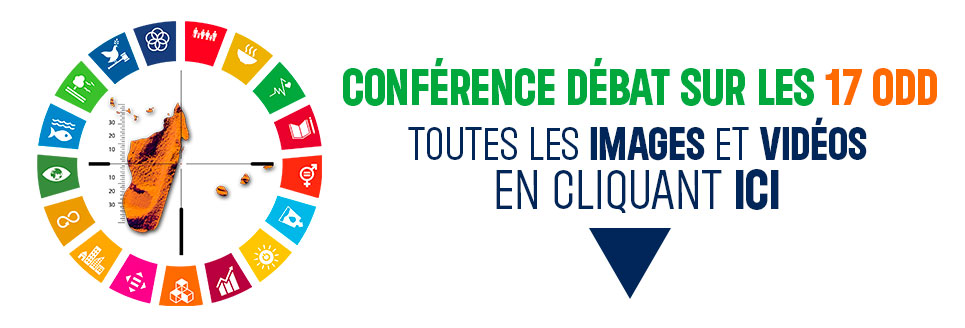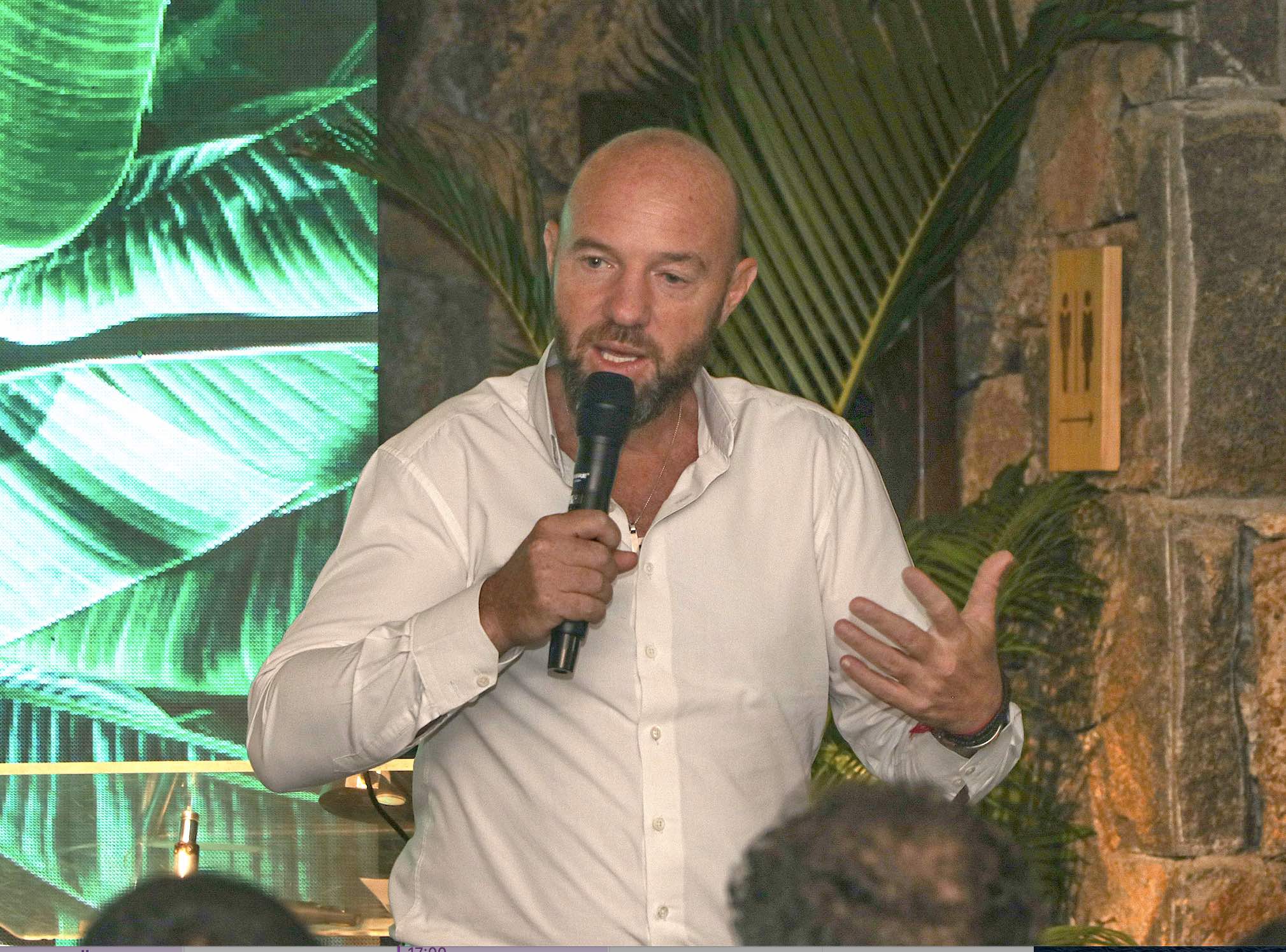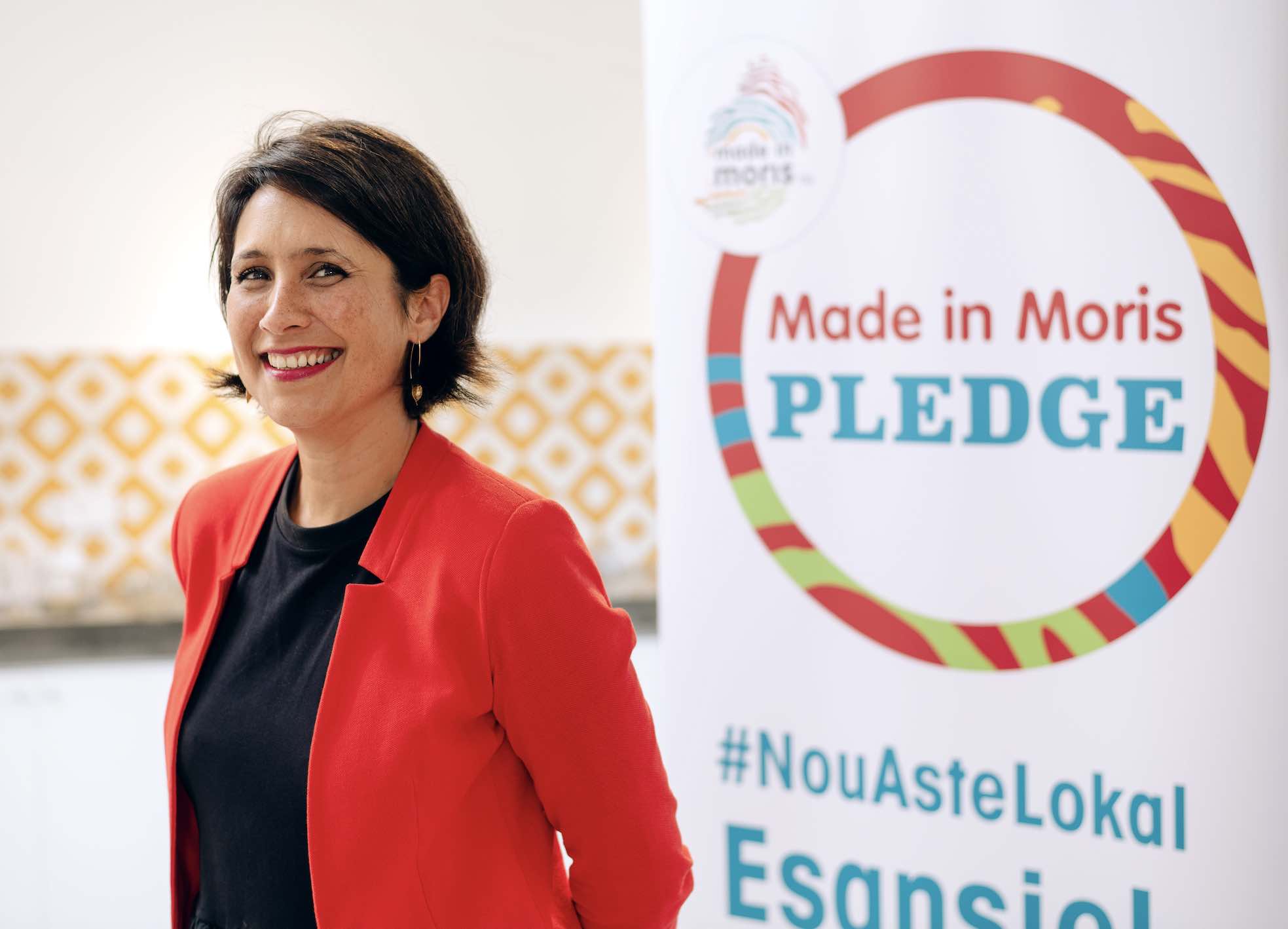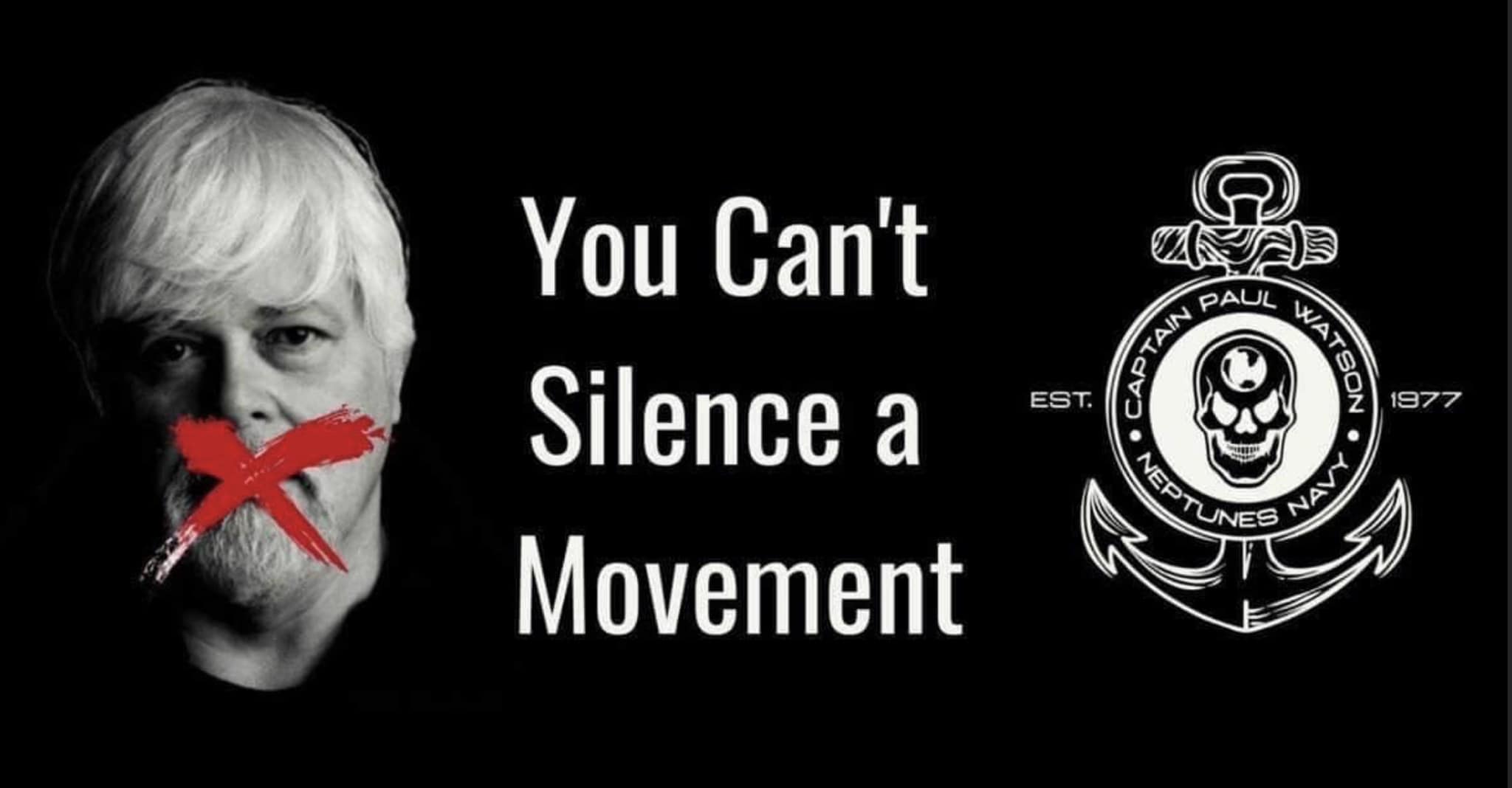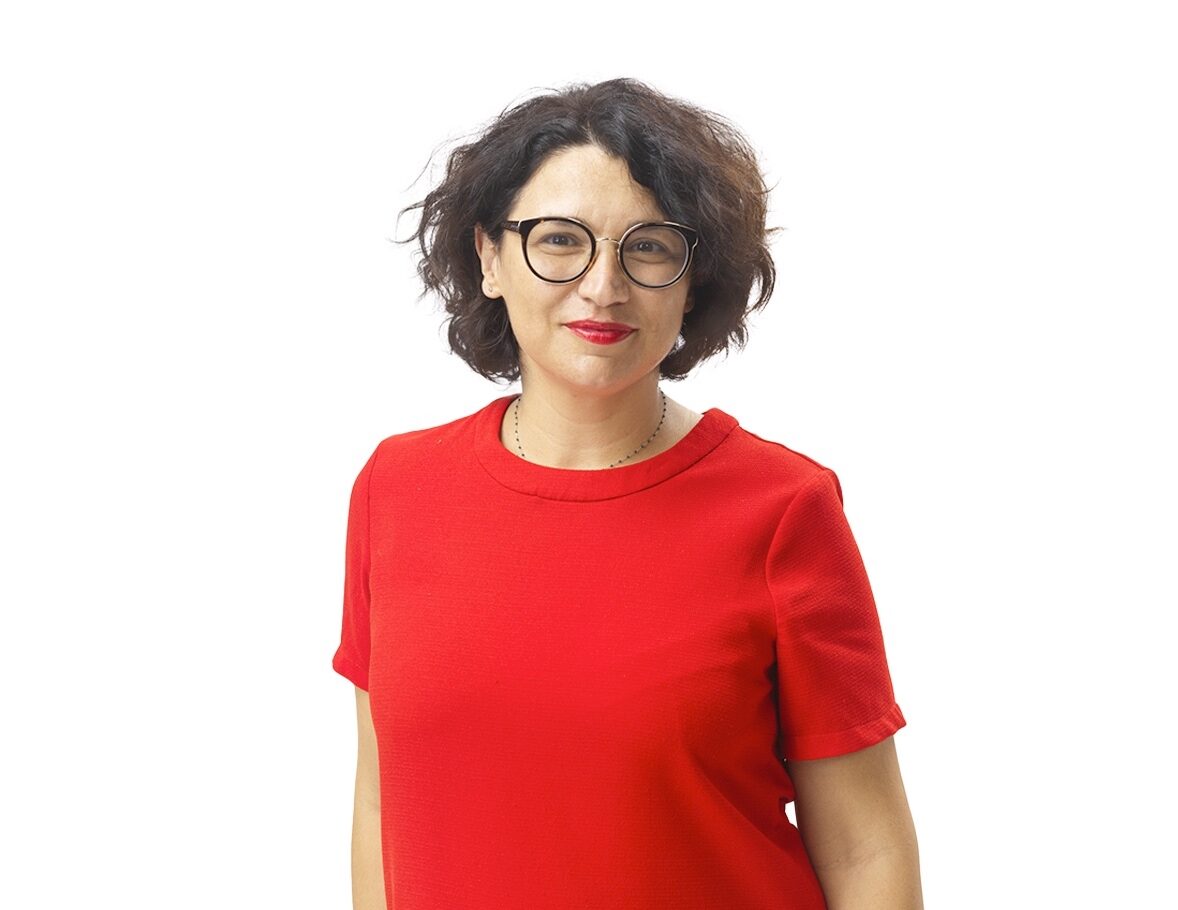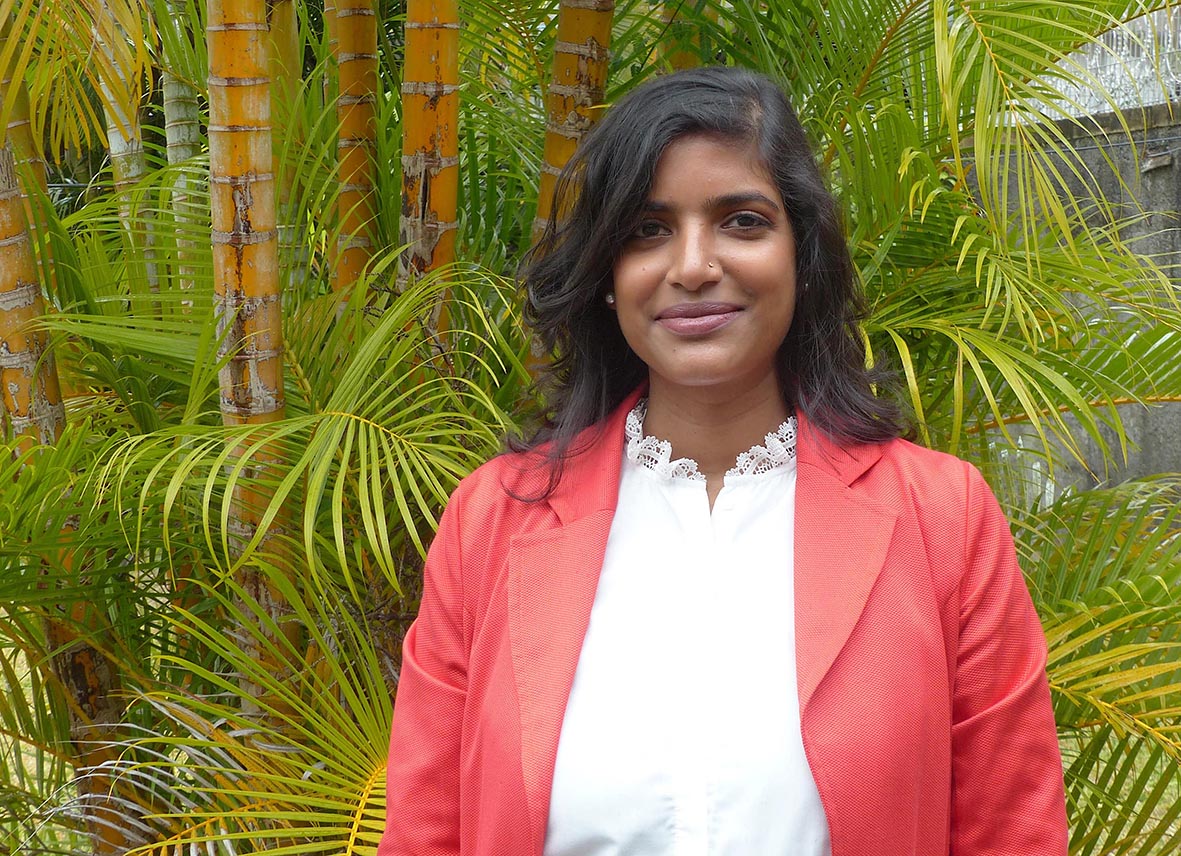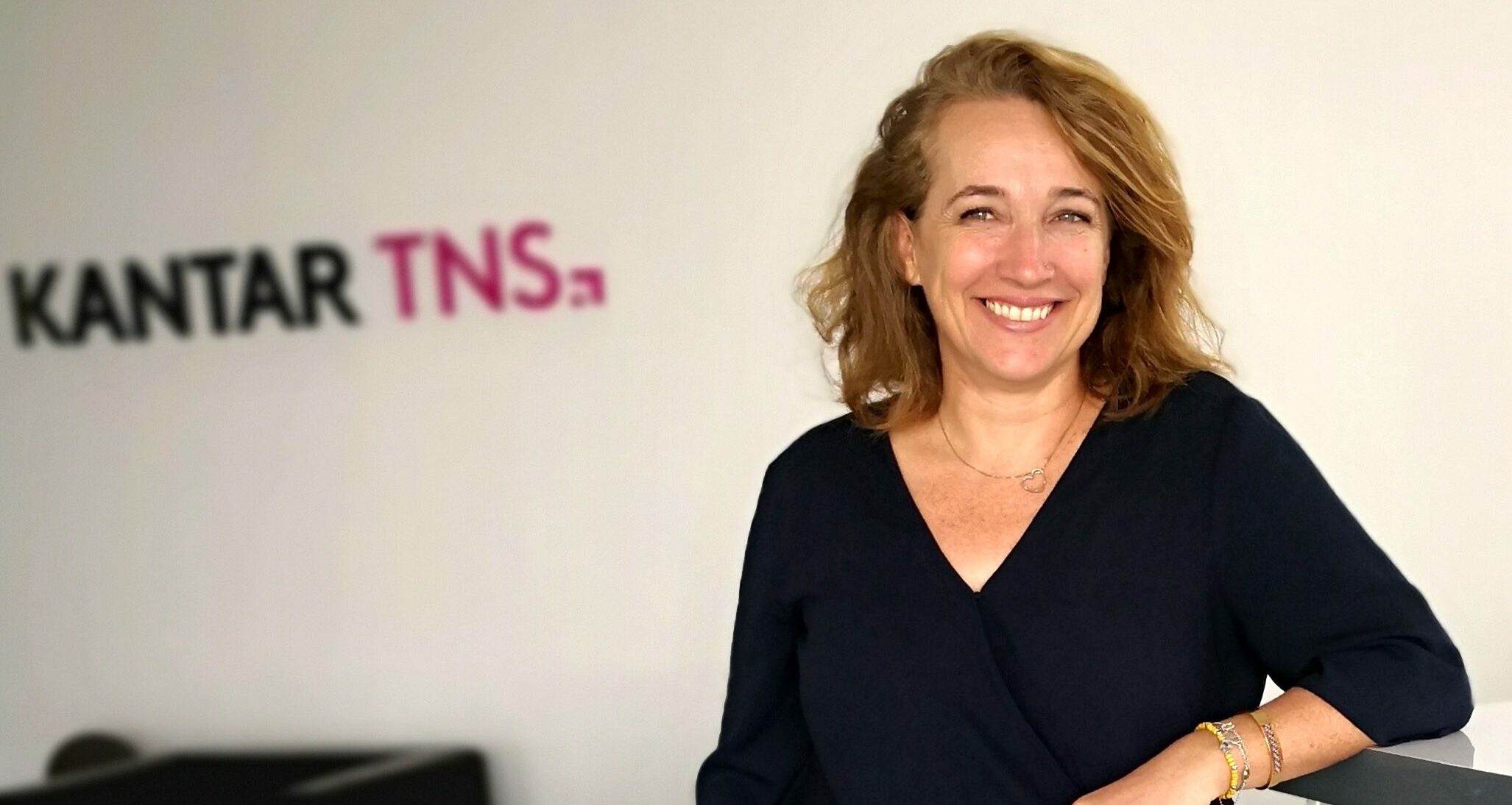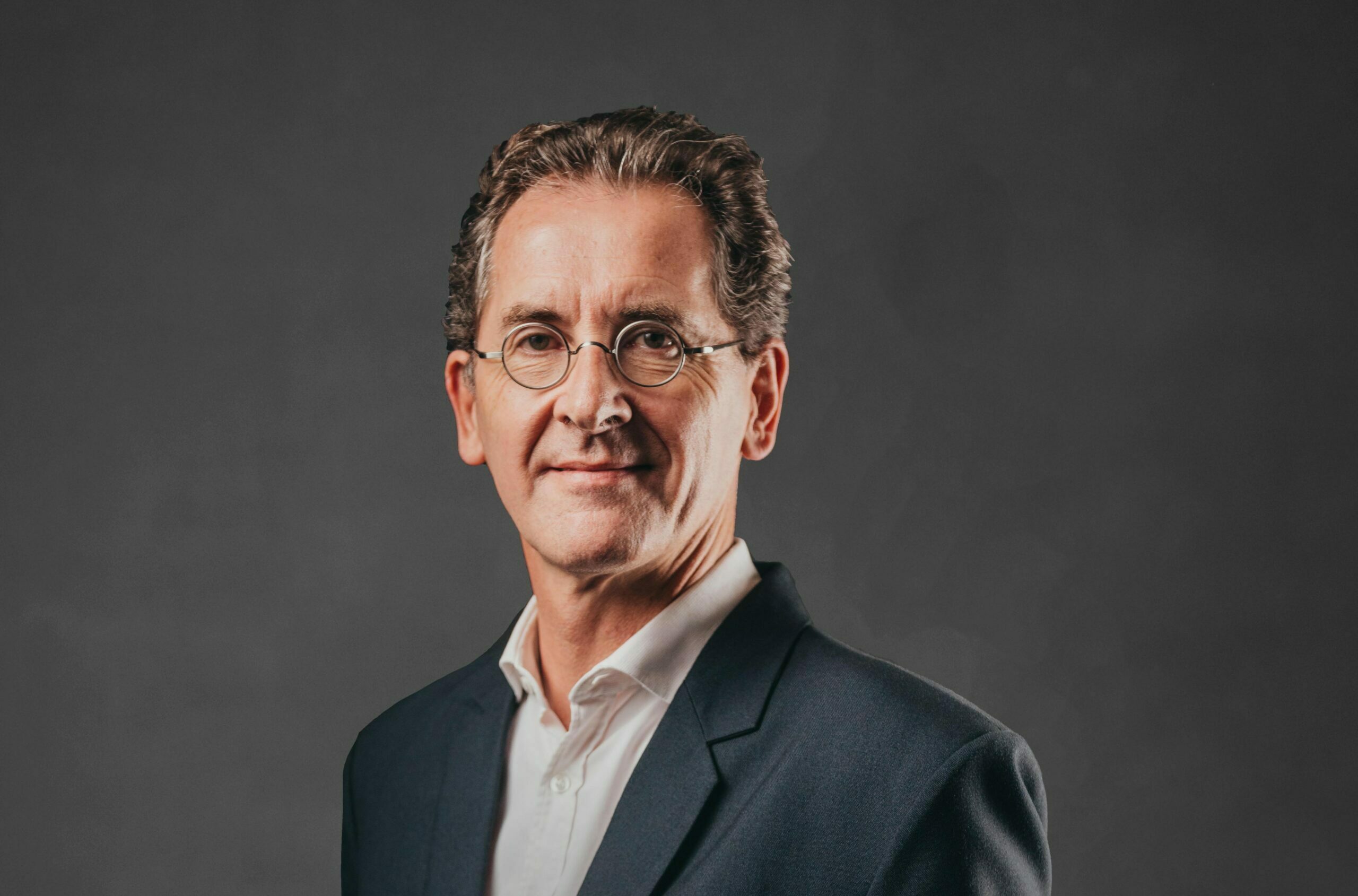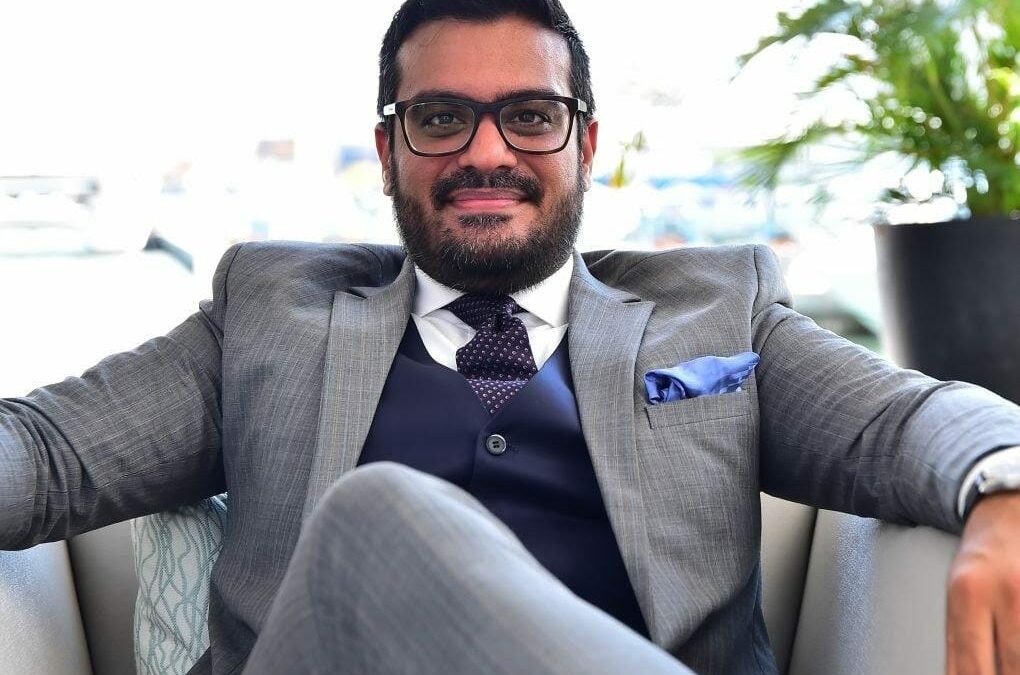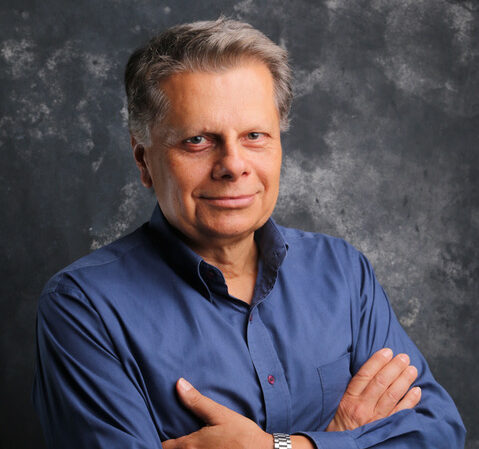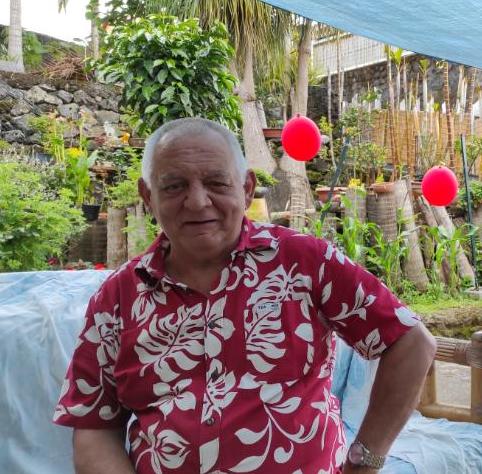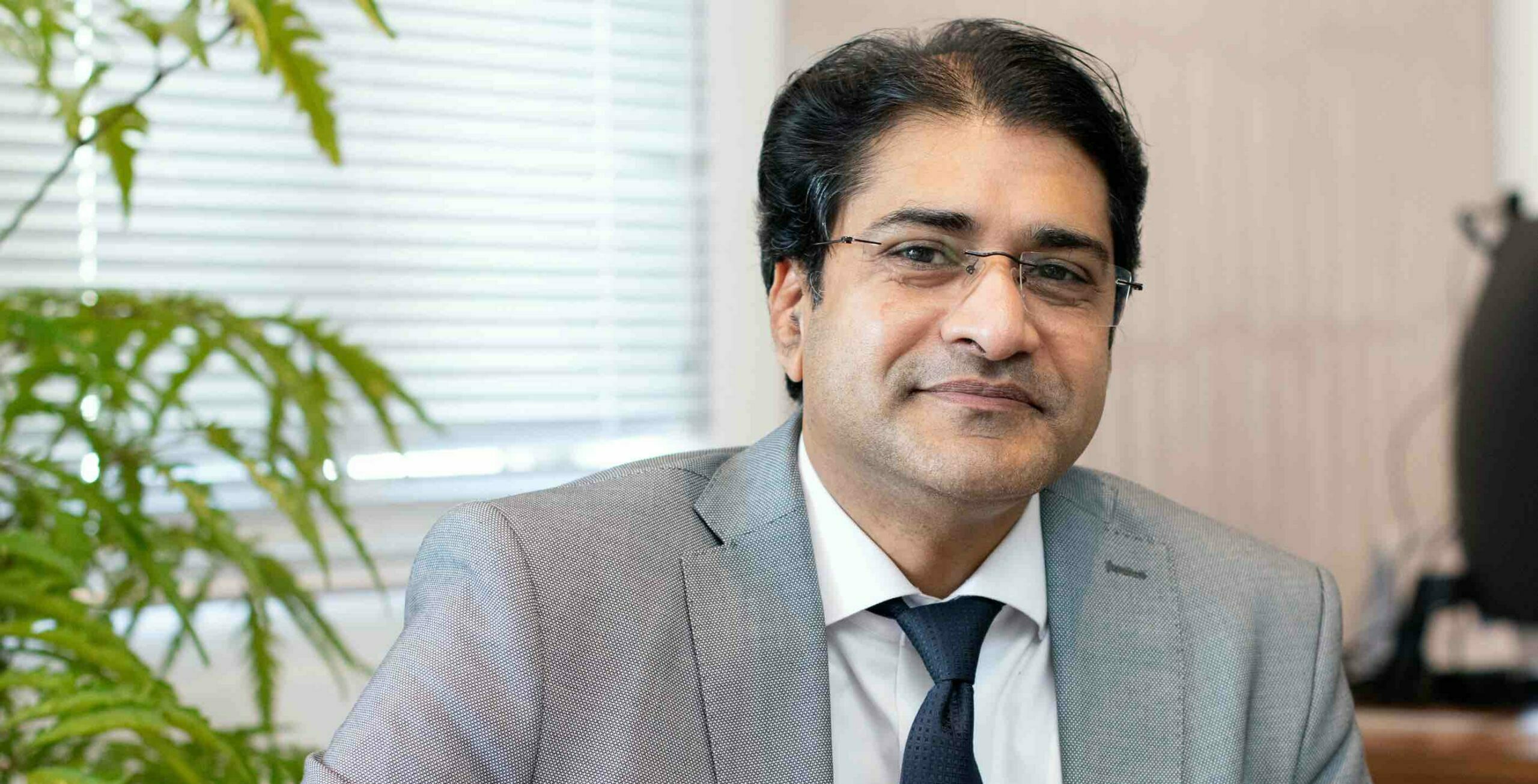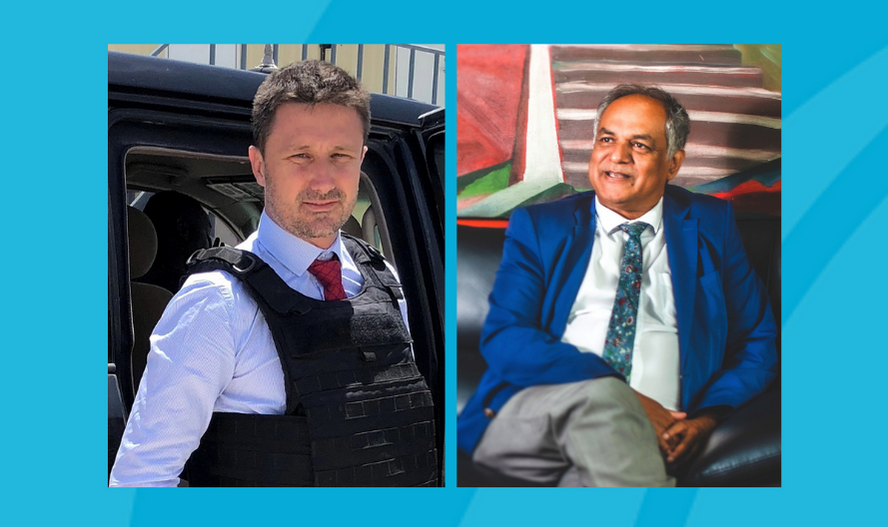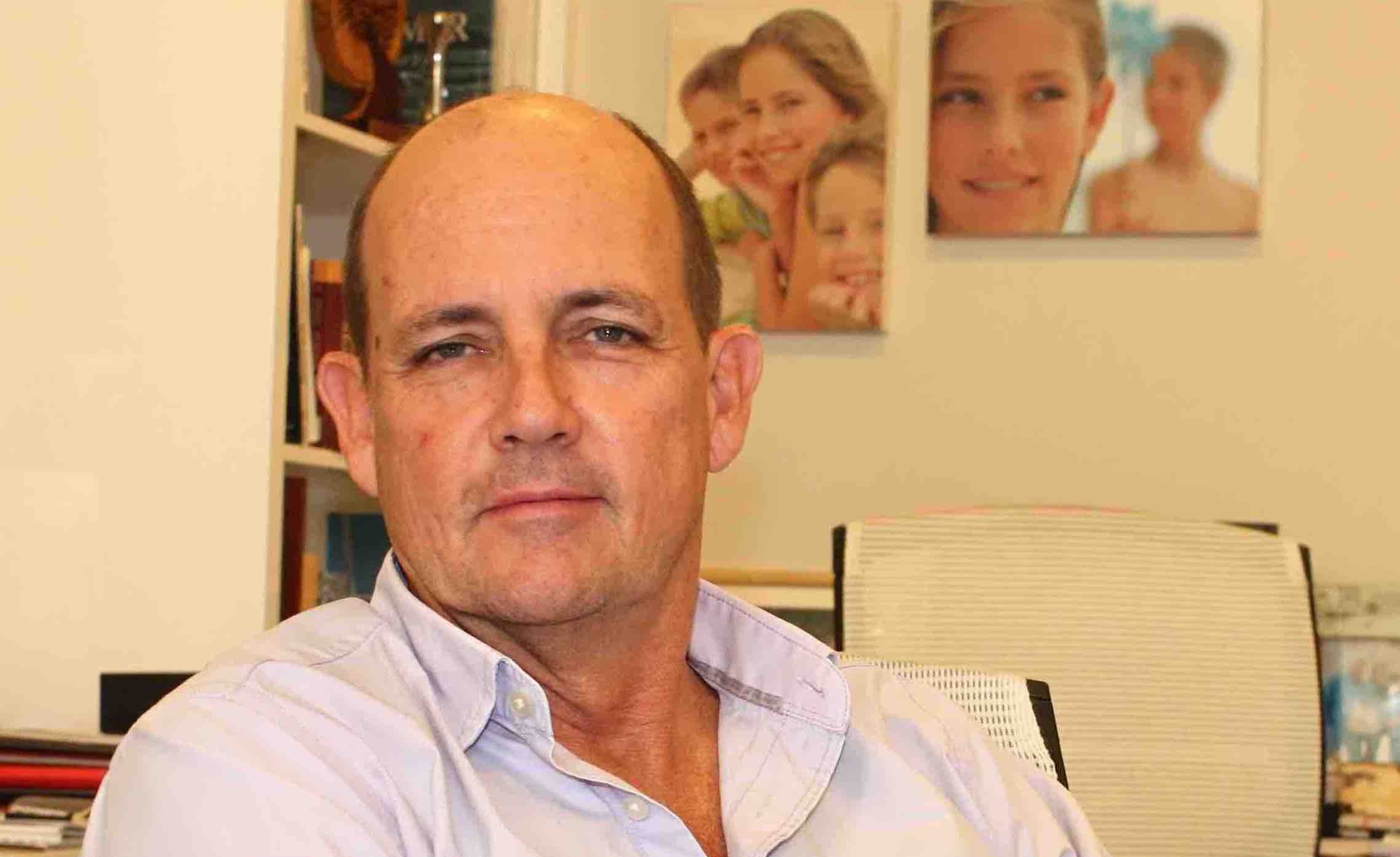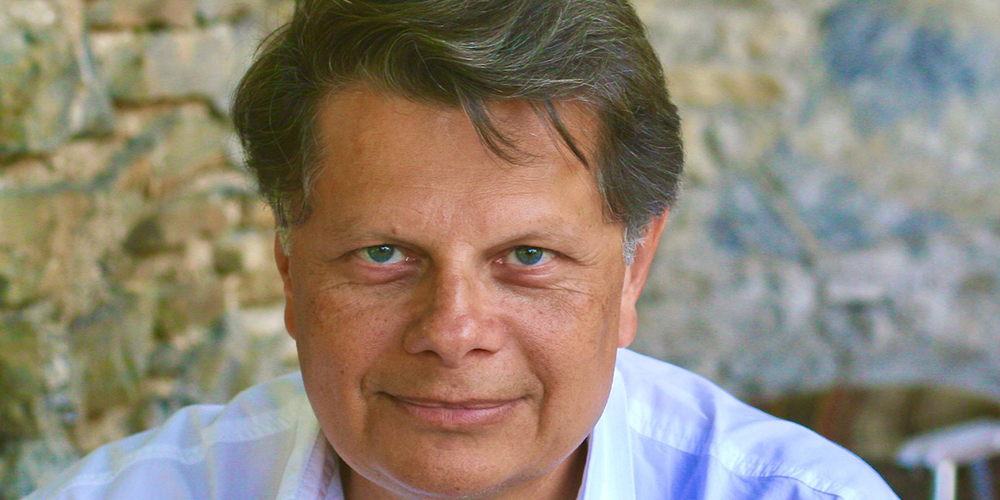Developed by the conglomerate ENL, the Moka Smart City is one of the projects where the place of mobility has been clearly considered. The fields of action are limited but they exist. The reality is that urban planning that takes the issue of mobility seriously is a source of added value. An overview of the different initiatives of the ENL group in this sense.
by Alexandre Karghoo
This article complements our feature on new means of transportation, to be read in full in our magazine (July-August edition).
LEED Certification
ENL has made the choice to become certified in smart city construction, explains Anielle Carver, Sustainability Coordinator at ENL.
The offices built by Oficea, a real estate developer dedicated to offices, will all be LEED certified in the future. The same will be true of the neighborhoods being developed by Moka Smart City. This international LEED Neighbourhood Development certification certifies the smart planning of the area. For example, it requires that all residents be within 400 meters of a bus or public transportation stop and that 90% of the buildings be equipped with bicycle storage and that all destinations (type of destinations such as school, shopping centers or residential areas) be within cycling distances.
Scooters and bikes
In the offices or other workplaces, scooters and bicycles are made available to employees in the Business Park. This also allows the group to test solutions and better prepare for future projects. Residential property buyers in Moka Smart City also receive a subsidy for the purchase of electric scooters. Several companies have provided their employees with vans that drive them to and from work.
Commute, a carpooling application “that really works
“Commute is a model that really works,” says Olaf Boullé proudly. The mobile application connects drivers and “passengers” who want to share a car for the duration of a trip. The service is not limited to Moka Smart City and works “even in Rodrigues! Indeed, all you need is a Mauritian phone number to use the application. It should be noted that it is not allowed to pay a person for a ride unless it is a cab or public transport. “We looked around the world for those who offered a solution that suited us,” explains Olaf Boullé. The choice fell on Commute, from Denmark.
Promoter of the application in Mauritius, the smart city of Moka is in charge of the marketing and development of the network of partner stores and exchanges with the application in order to propose improvements (additions or deletions of features) within the Mauritian interface. Commute, however, remains independent of the smart city – which will not have access to individual user data, for example.
“The more we carpool, the more we save on CO2. Commute turns this saving into virtual tokens that can be exchanged for rewards. Not only is it based on CO2 and the environmental side and there is no illegal remuneration, but it involves many companies in the rewards”, says Olaf Boullé. He says that one of his priorities is to find more partner companies on the platform in order to develop the application further and make carpooling even more attractive. “We really believe in carpooling. We don’t have a choice, we need more people in the cars and now that gas prices are going up, more people are thinking about it. Two other competitors have entered the market. Something to cheer about for our interviewee. Carpooling as promoted by Commute is not only free, economical, ecological and creates a closer community.


